Have you ever made a call on your cell phone, driven your car to the store, or ridden an elevator to your office and wondered how that product came to be part of your daily life?
While you may not realize it, you have mechanical engineering to thank for the modern-day conveniences we have grown accustomed to using every day.
From small devices and systems in our homes, to larger ones in high-rises, office buildings and even aircrafts, the field of mechanical engineering centers on creating products and technologies to meet human needs.
Mechanical Engineering in Everyday Life
Almost everything a person uses throughout their typical day that makes our lives easier and more convenient was designed by a mechanical engineer.
For example, without mechanical engineers, you would have to walk to work (without a car), eat a cold lunch (without a microwave), take a ship to visit Europe (without an airplane), and spend your summer vacation in hot and humid Florida without a cool place to escape (without air conditioning).
In addition to designing and creating a wide array of products and systems, mechanical engineers are constantly working to improve these products and systems in order to reduce costs and make them available to more people.
The following are a few examples of products and systems you may not know were created and enhanced by mechanical engineering, specifically in the HVAC and Electrical Engineering industries.
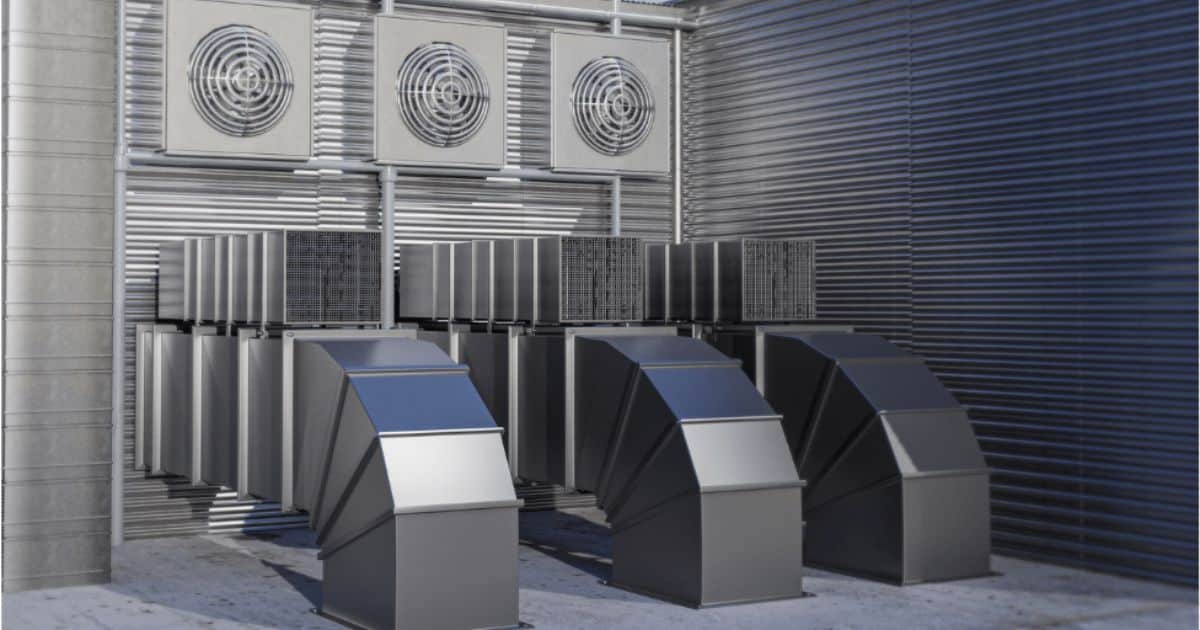
HVAC/Mechanical Design
In July 1902, Willis Haviland Carrier designed the first modern air conditioning system to deal with humidity problems at a printing company in Brooklyn, NY. Since then, the global HVAC market size has grown to $206.3 billion as of 2023 and is predicted to continue to grow to $280.1 billion by 2028. (source)
This growth reflects the fundamental change over the last 122 years to improve the indoor environments in which we live, work and play. As we spend more time indoors throughout the day, the industry has evolved the design of HVAC equipment to meet the heating, cooling and ventilation requirements we have come to expect.
These changes continuously improve the efficiency of the equipment in order to both reduce the amount of energy used and improve the indoor air quality to make the air we breathe cleaner.
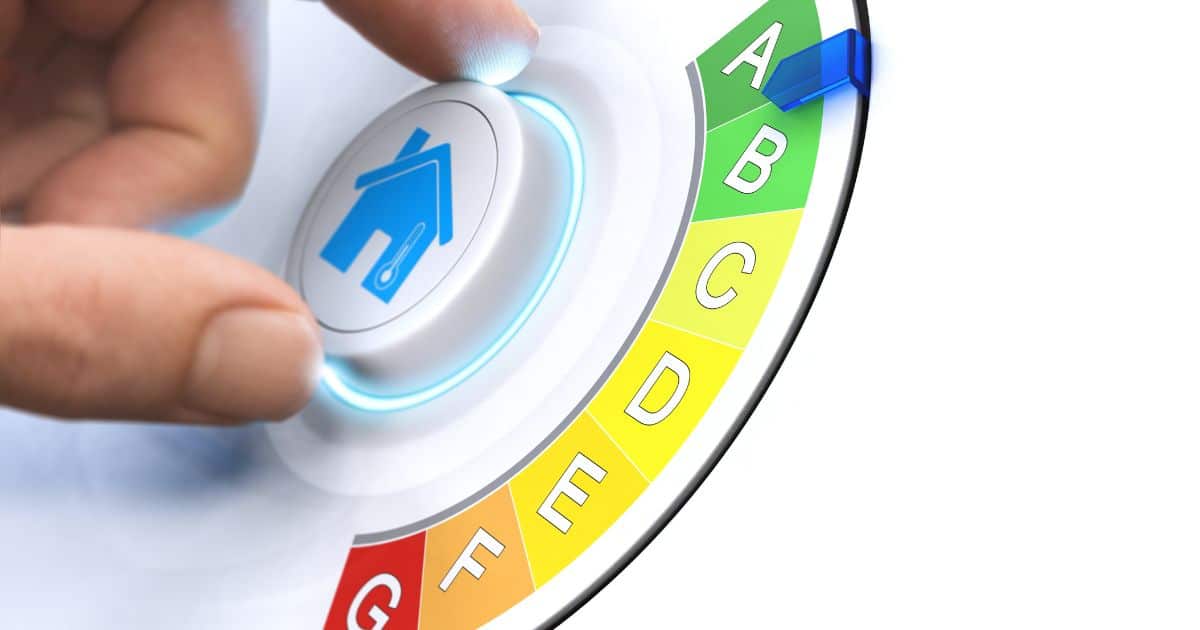
Energy Efficiency
As the electrical industry moves forward, the need for more energy efficient equipment becomes increasingly important. What many building owners and operators do not realize is that HVAC equipment mostly runs at part load for the majority of the year.
They may also not realize the equipment is designed to run at a higher efficiency at these part loads. Therefore, even though the maximum electrical requirements for a unit may not reduce from one model generation to the next, the amount of energy the unit actually uses over time is reduced.
These energy enhancements were made possible by mechanical engineers reviewing and analyzing operating efficiencies and creating more energy and cost-efficient systems over time.
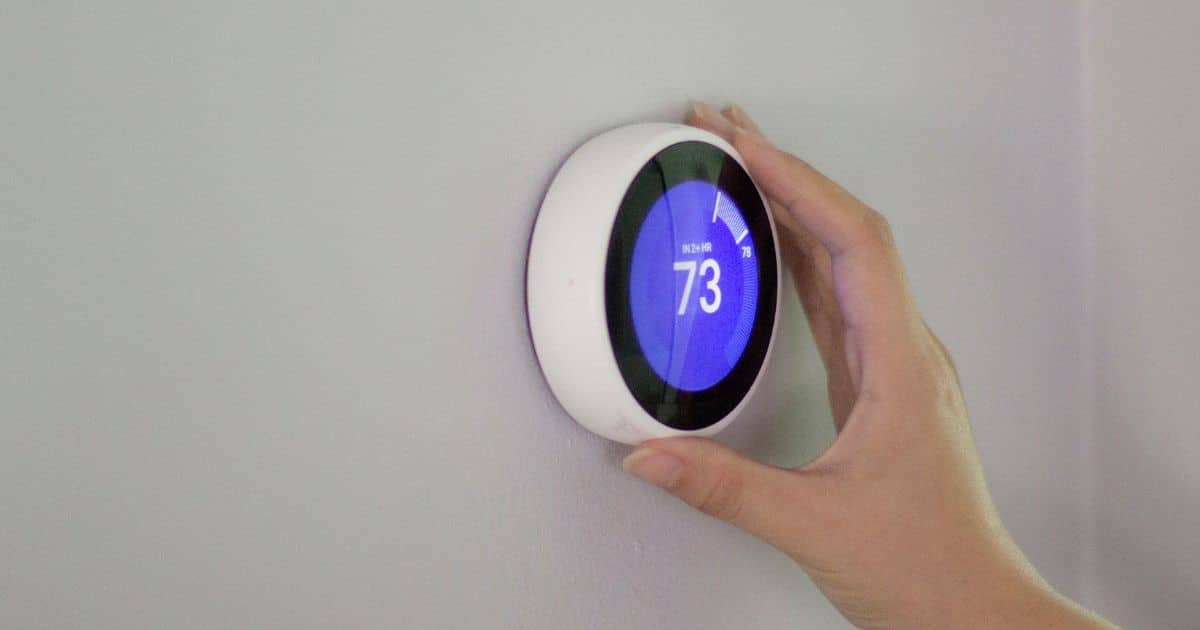
Programming
Over 30 years ago, a group of HVAC and building automation professionals developed a standard, open data communication protocol called BACnet (Building Automation and Control Network).
This protocol allowed for HVAC equipment to be monitored and controlled by the building automation systems (BAS). Due to the high cost of these BAS systems, their use was limited to larger buildings, but over time the industry has developed improved systems and components that have made BAS systems more affordable.
Nowadays a BAS system can be complex, like you would find in a high-rise office building or professional sports team stadium, or as simple as a Nest thermostat found in millions of homes and apartments around the country.
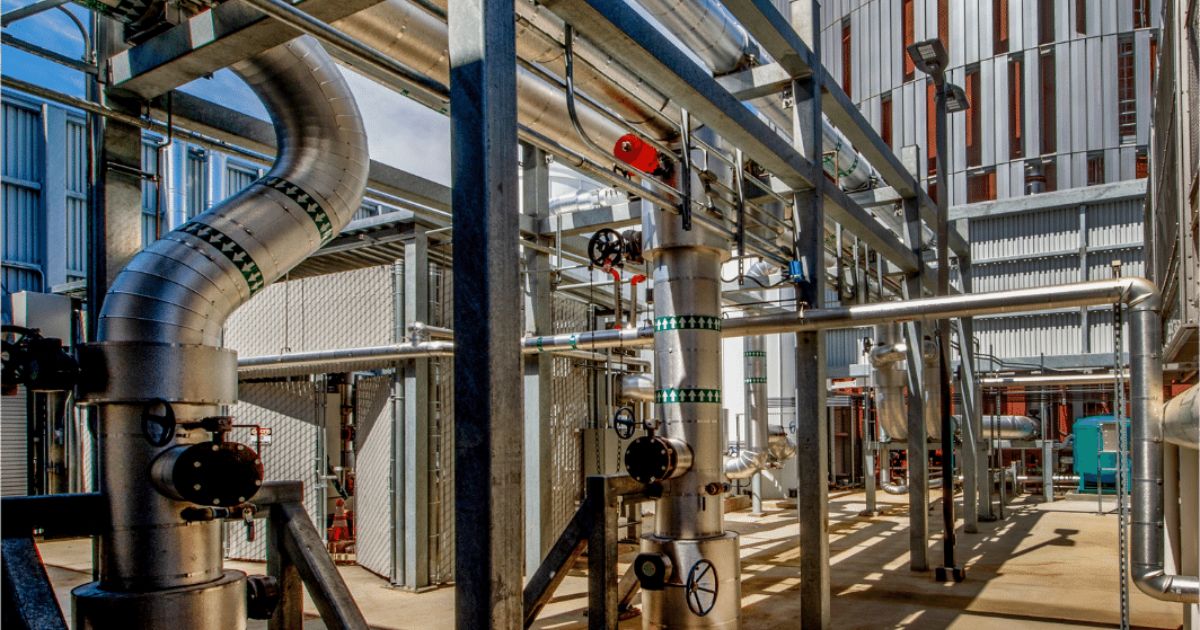
Thermodynamics
In the HVAC design industry, thermodynamics is the basis of all designs. It provides mechanical engineers with the fundamental knowledge needed to determine which direction heat flows as well as how fast that flow is.
Using thermodynamics, design professionals are able to determine the rate at which a building or space will lose or gain heat throughout the year. In addition, they can determine the amount of flow a system will need at a specific temperature to counteract that loss or gain of heat.
Depending on the system, that flow can be air, water or refrigerant. Each has their unique thermal properties, but all react in a predictable manner, which allows mechanical engineers to maximize their advantages and minimize their disadvantages.
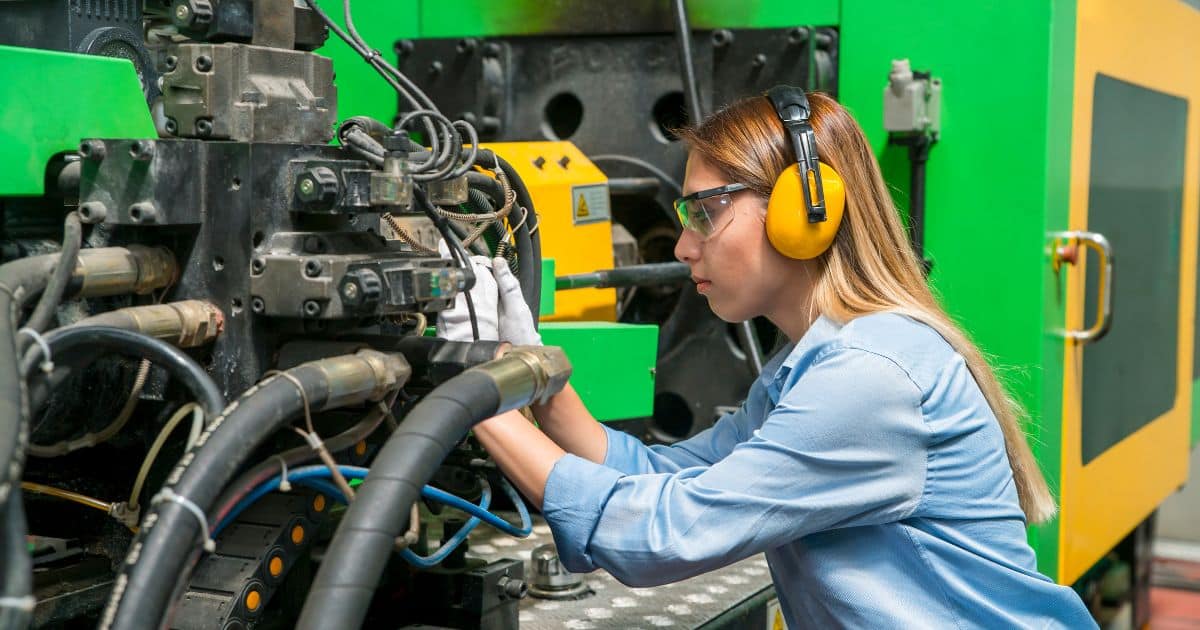
What Makes Mechanical Engineering a Unique and Meaningful Career?
With mechanical engineering being the broadest of the engineering fields, the basic principles cover a variety of areas such as design, analysis, maintenance and manufacturing.
This broad scope of knowledge does not limit a mechanical engineer to just one field, but instead allows them to work wherever they choose throughout the world and in a multitude of industries. The career as a whole provides opportunity, growth, and meaningful contributions to the world around us.
Mechanical engineers work in, but are not limited to, the following fields:
- HVAC – Design, Development, Sales
- Manufacturing – Textiles, Weapons, Electronics, Etc.
- Research, Teaching, Aerospace, Marine & Bioengineering
Learn more about available mechanical engineering jobs at VP Engineering.
Need a Mechanical Engineering Company?
As you consider the positive impact mechanical engineers play in the world around us, bringing critical and helpful technologies to our modern society, we invite you to learn more about what we do at VP Engineering for our clients and opportunities within our team.
About VP Engineering
VP Engineering is a top Charlotte-based MEP design firm offering engineering expertise in senior living, multi-family, hospitality, and retail/commercial markets worldwide. With experience in a wide range of building types, our MEP engineering services help keep projects on budget and achieve your goals.
What truly sets VP Engineering apart is our unwavering commitment to customer service. Our excellence in communication and relentless dedication to offering actionable solutions distinguishes us from most other firms. At VP Engineering, we go beyond the stereotypical engineer by providing thoughtful solutions or alternative options for every challenge we encounter.
Our core values – honesty, integrity, respectfulness, responsiveness, and professionalism – form the foundation of our approach. We take pride in doing the right thing for our clients. Choose VP Engineering as your trusted partner, where commitment meets ingenuity, ensuring the success of your project from conception to completion.
Contact us today and experience the VP Engineering difference.

